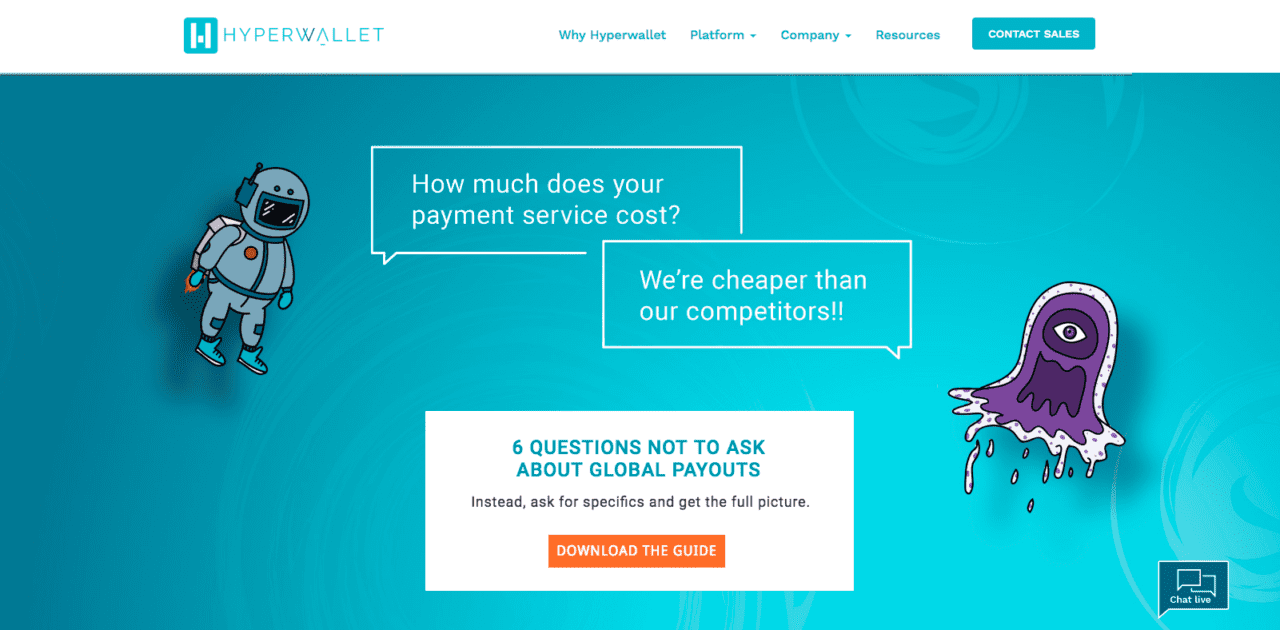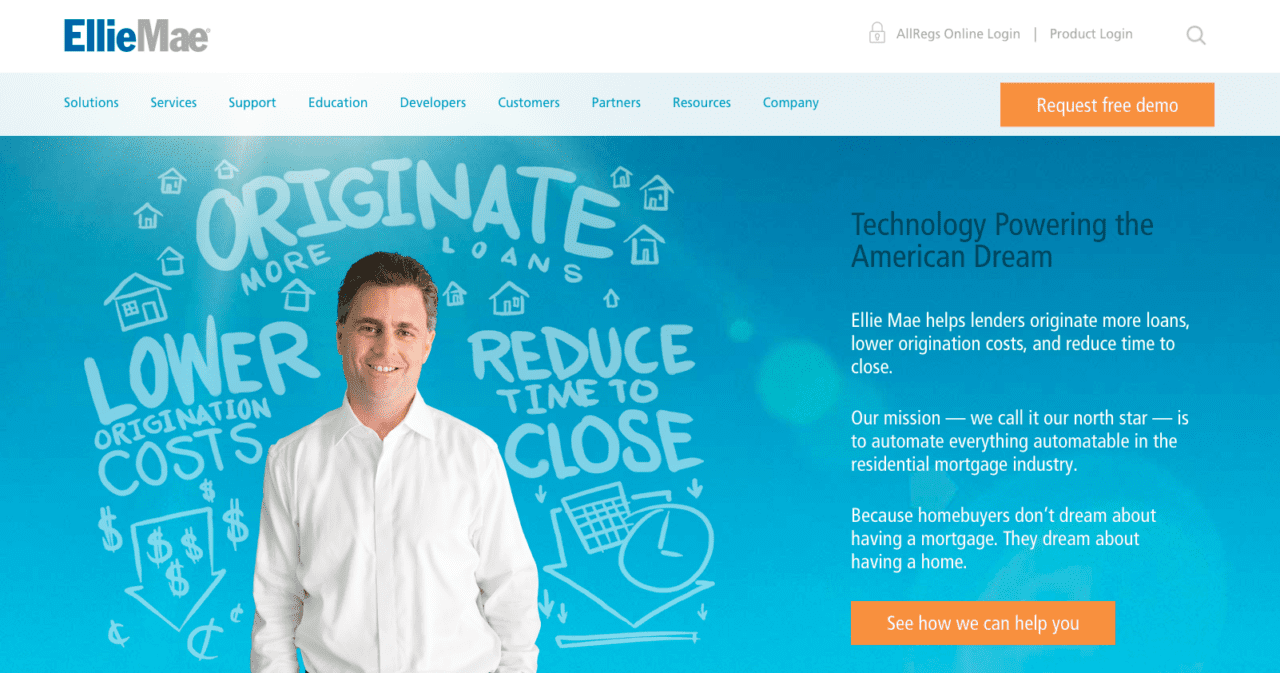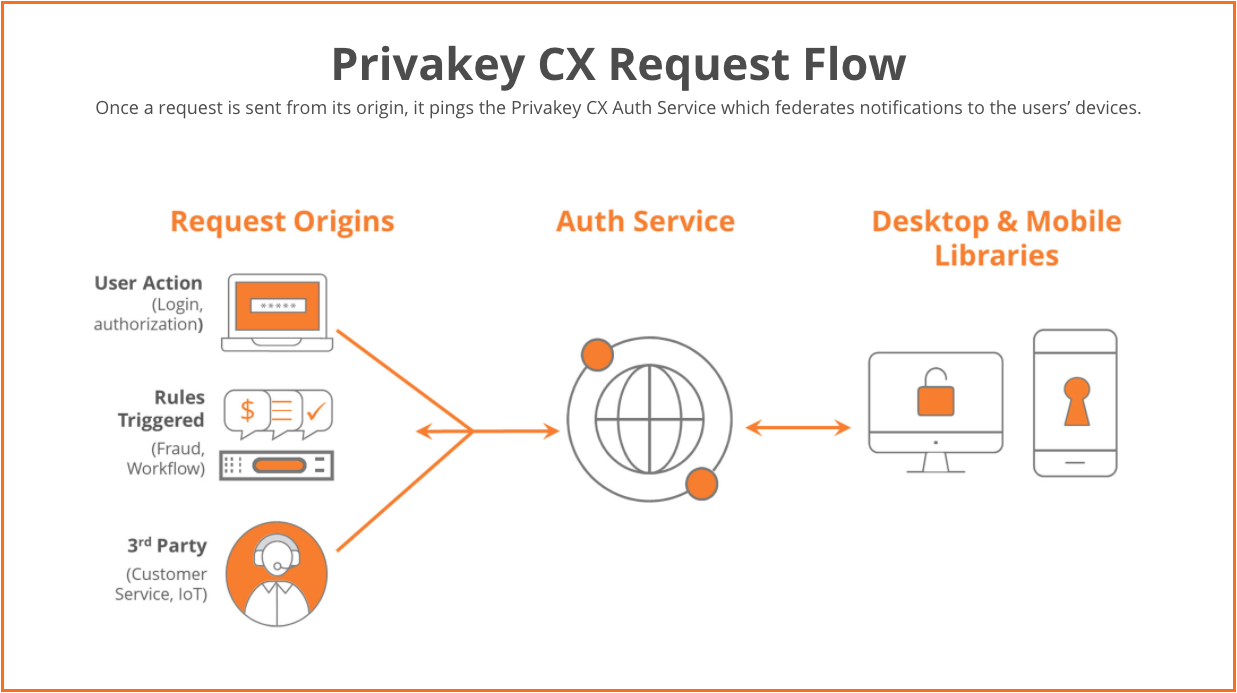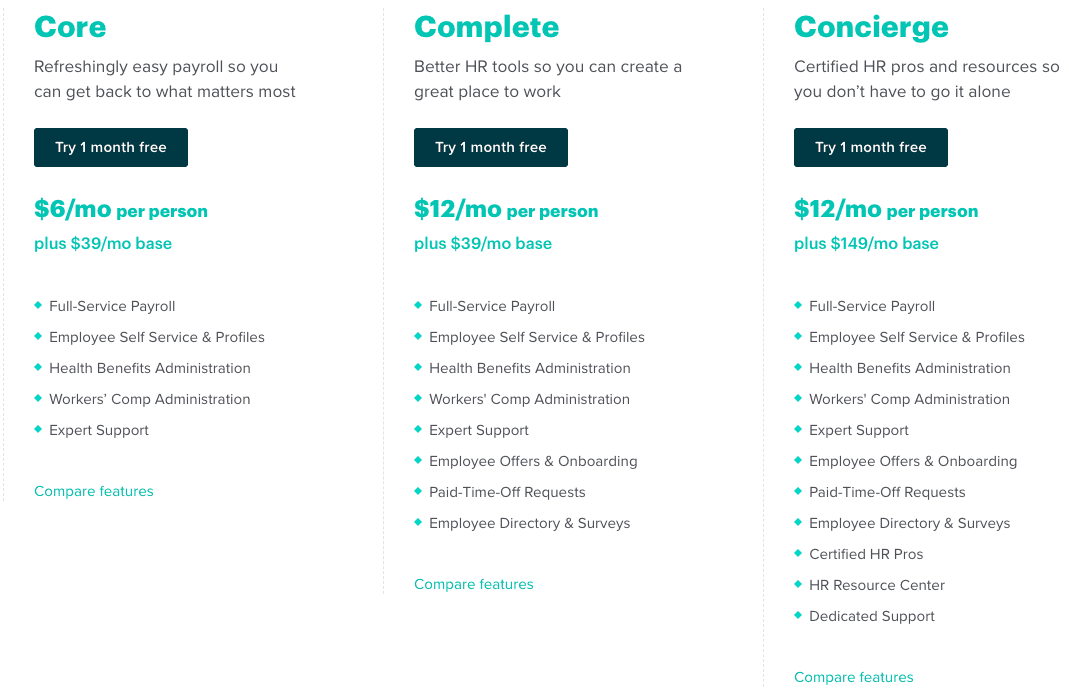
Ethoca, a collaboration network that aims to enhance merchant card acceptance and reduce chargebacks, launched an Integrated Solution Suite this week.
Merchants who leverage the new suite of tools not only mitigate chargebacks from genuine fraud, friendly fraud, and false claims, they also facilitate increased card acceptance rates. The suite is comprised of three main solutions, Ethoca Eliminator, Ethoca Alerts and Enhanced Representments.
Ethoca Eliminator allows card issuers to leverage merchant intelligence– such as shopping cart details, IP address, and account details– when the customer clicks on a transaction within their mobile banking app or calls into a bank’s call center to investigate the purchase. With this process, cardholders are able to better recognize their own transactions instead of assuming they are fraudulent. This helps avoid situations when good transactions are unwittingly reported as fraud. When a top five U.S. card issuer and major online merchant piloted Eliminator, they found that 38% of disputes that would have become chargebacks were deflected. More than 15 major card issuers and several digital merchants have signed on to begin using Ethoca Eliminator throughout 2018.
The company most recently demoed its flagship product, Ethoca Alerts, at FinovateEurope 2016 in London. When a cardholder goes through the Eliminator process and still insists a transaction is fraudulent, Ethoca taps into its network of card issuers who confirm or repudiate the transaction in question. When a transaction is confirmed to be fraudulent, Ethoca alerts its network of merchants who stop the delivery of the good or service in question to avoid the chargeback.
The third product in the suite is Enhanced Representments. This tool helps merchants who wish to challenge transaction disputes by leveraging Ethoca’s knowledge of chargeback processing and evidence rules. You can think of it as a court session held to keep things fair for both the merchant and the disputing consumer as they sort through the evidence. In the press release, Ethoca describes this as decreasing pain “for card issuers who are often negatively impacted by indiscriminate representment behaviors.”
“Ethoca’s belief is that a layered approach – powered by the global collaboration network we pioneered – is the only real solution to combat the pervasive friction and poor customer experience typical of today’s ecommerce environment,” said Keith Briscoe, Chief Marketing & Product Officer at Ethoca. “This new solution suite takes us one step closer to our vision: creating a new set of rails for the rapid exchange of rich transaction data and intelligence designed to finally make frictionless ecommerce a reality,” he added.
Founded in 2005, Ethoca is headquartered in Toronto, Canada. The company is partnered with more than 5,400 merchants in 40+ countries and 585 card issuers in 20+ countries to help them avoid losses from card not present (CNP) transactions. This network includes eight of the top ten North American ecommerce brands, 14 of the top 20 North American card issuers, and six of the top ten U.K. card issuers. Andre Edelbrock is CEO.















